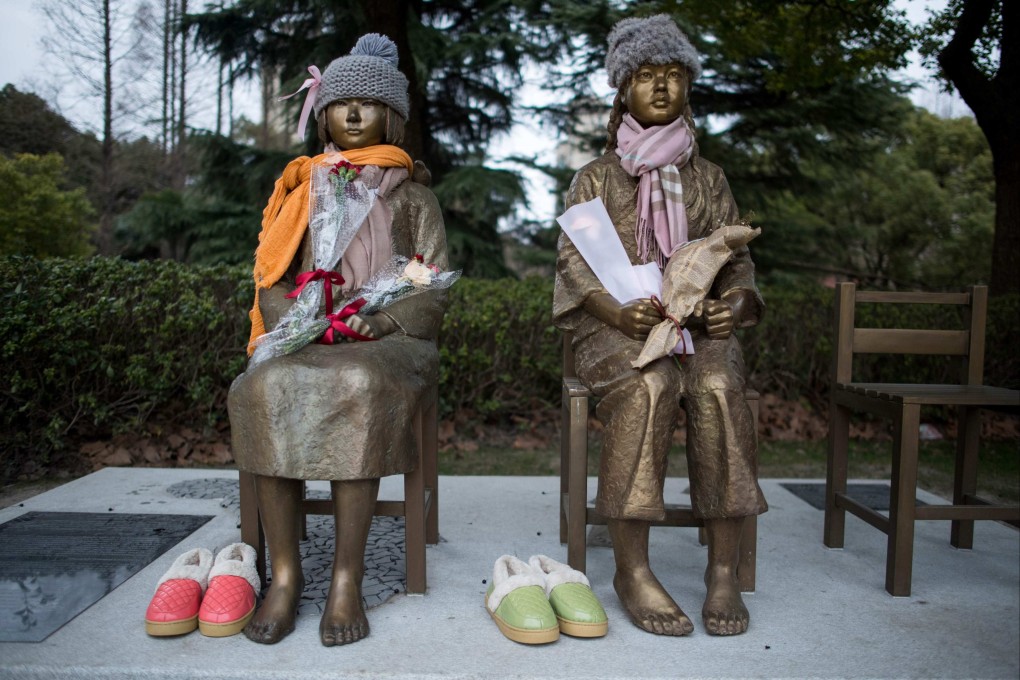Opinion | Justice from Japan: China’s first ‘comfort women’ lawsuit faces long slog
- The lawsuit filed in Shanxi by the families of 18 women forced into sexual slavery by the imperial Japanese army is the first such challenge in a Chinese court
- It marks a critical moment in the movement, but success will depend on domestic and international support

In April 1941, 16-year-old Zhao Runmei was raped by a group of Japanese soldiers invading China. Seconds ago, they had killed her foster parents in front of her. In an account published in a book, she said: “Right there, beside the bloody corpses, I was gangraped by them right away on the spot. Afterwards, I was taken as a ‘comfort woman’ to be raped every day.”
The Shanxi lawsuit, the result of a campaign spearheaded by activist Zhang Shuangbing, is groundbreaking. This is not simply because it represents China’s first domestic legal challenge of Japan’s wartime atrocities after decades of largely unsuccessful transnational battles for justice, with dozens of cases filed in Japan from 1995 to 2007. It is also because it signifies a critical moment in the movement to win justice for Chinese comfort women.
Crucially, the lawsuit marks a shift from seeking redress abroad and draws inspiration from precedents in South Korea.
